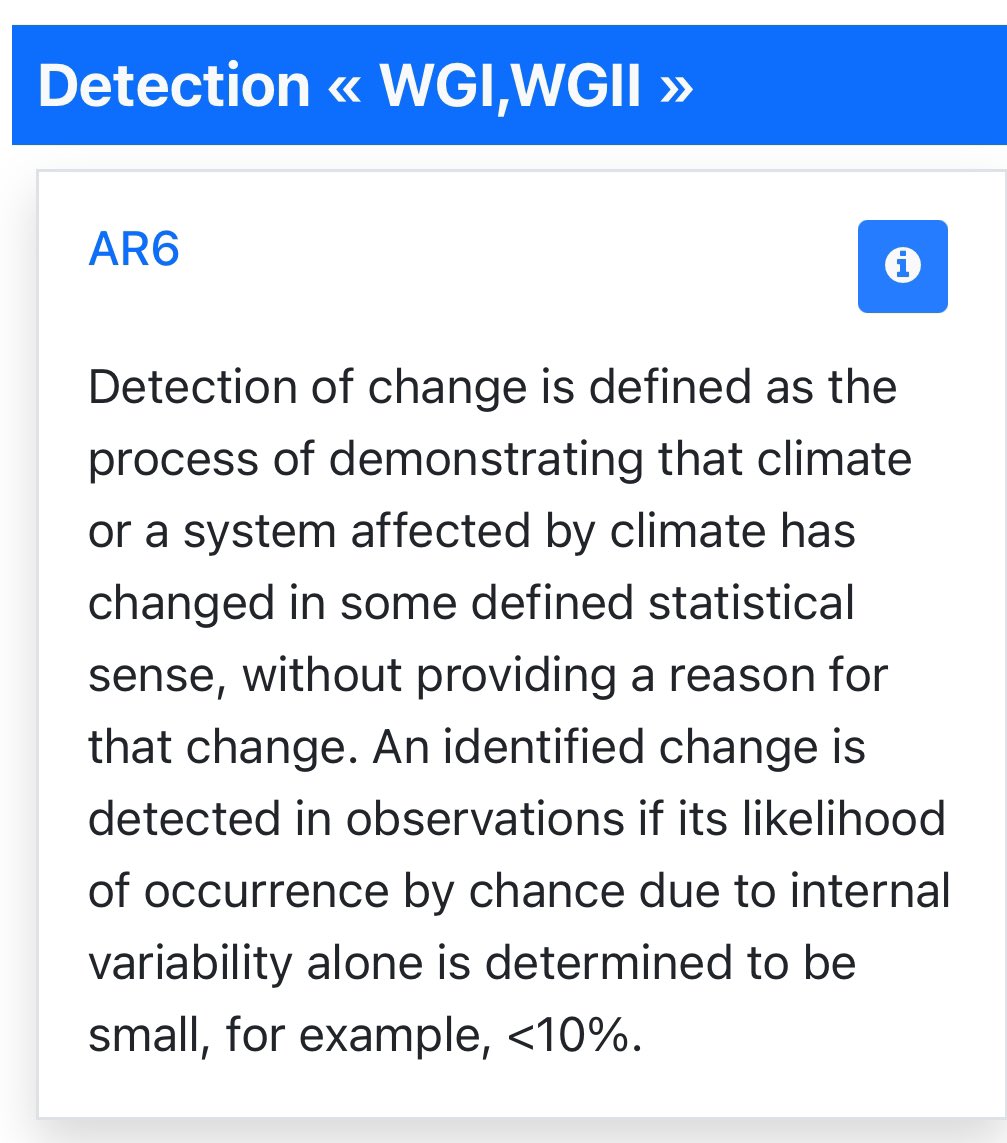This won't make me friends in my campus admin but I have tenure so...
The @CUBoulder fall 2020 COVID semester has been a failure & with a heavy financial cost to the campus
In due course I expect @jaredpolis, CO Legislature, Regents, @CUSystem to evaluate & act accordingly
The @CUBoulder fall 2020 COVID semester has been a failure & with a heavy financial cost to the campus
In due course I expect @jaredpolis, CO Legislature, Regents, @CUSystem to evaluate & act accordingly
https://twitter.com/RogerPielkeJr/status/1309145130356502529
CUB reported $71.5m budget shortfall 2020-21
Included in the shortfall was $25m for a "COVID-ready campus"
To mitigate shortfall we had salary reductions of $14m
So CUB staff paid for the "Covid-ready campus" out of our salaries
Not that it failed, do we get our money back?
Included in the shortfall was $25m for a "COVID-ready campus"
To mitigate shortfall we had salary reductions of $14m
So CUB staff paid for the "Covid-ready campus" out of our salaries
Not that it failed, do we get our money back?
Had CUB simply started off online on Aug 24 rather than going online Sept 21 no campus employee would have needed to take a salary cut & campus would still have had an extra $11m as a buffer against enrollment declines
It is not a comfortable subject, but these are the facts
It is not a comfortable subject, but these are the facts
And I'd venture the July $25m for our "COVID-ready campus" is a significant underestimate (a colleague says $70m but I haven't see this officially)
CUB was hybrid for 19 days of instruction before going online
That equates to ~$1.3m per day (based on $25m) & still failed
/END
CUB was hybrid for 19 days of instruction before going online
That equates to ~$1.3m per day (based on $25m) & still failed
/END
• • •
Missing some Tweet in this thread? You can try to
force a refresh
















